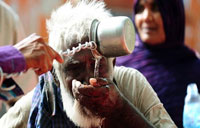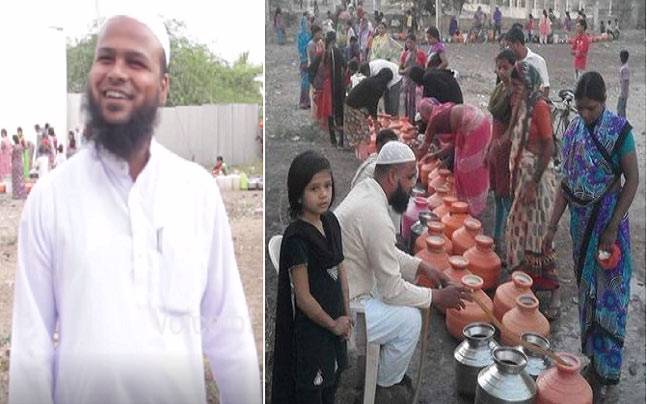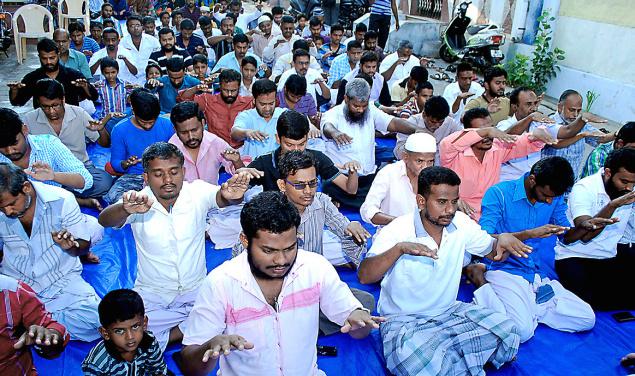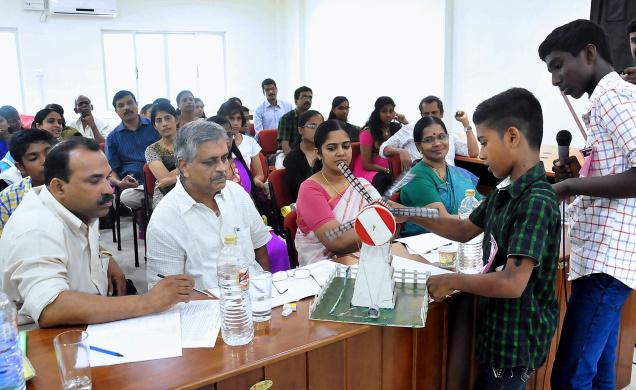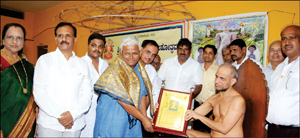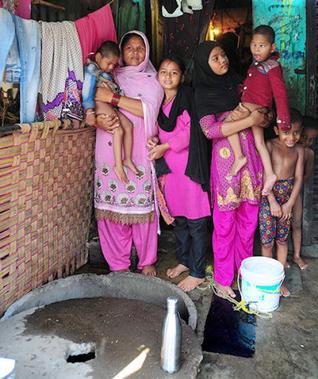
She is an unlikely saviour for the struggling, water-starved masses in Mumbai slums. But save them she does, and without any cash reward. Zarina, mother of ten and of low means herself, provides water free to her neighbours in Indira Nagar, Mankhurd.
The entire slum here is in crisis. With no supply system in place, the residents buy drinking water as well as salt water (khara paani) from the ‘water mafia’. Khara Paani comes from numerous illegal bawries, wells dug and controlled by the toughs. This is used for washing clothes and utensils, bathing or for toilets.
Age-old bawri
Zarina has an age-old bawri with salt water at home but she doesn’t sell the blue gold. “Kyse paani beche saab? Jab Khuda ne jindegi ko mara, paani bechkar kya jina.” [How can I sell water? When almighty has taught enough lessons in life, how could I sell the water].
The woman struggles with her ten children, including the two who are mentally retarded.
Her husband has left it to her to bring up the children and the family has no means. “We do zari work at home, which brings Rs. 1,500 to Rs. 2,000 a month,” she says.
Her adolescent daughter Rukshana emerges from a room, and shows a piece of cloth on which she is doing zari embroidery. They get job work from a local ostagar (tailor), for a weekly payment based on the volume.
Zarina says her family never faces a summer water crisis since she has a well. They manage to get drinking water from outside. People living in her lane in Indira Nagar draw water during the crisis, and sometimes people from other lanes also come.
Painful grind
The water lady cannot afford to send her children to school. “What can I do, Sir? I know they are growing up without education. Moreover, two children are mentally retarded”, she says, wiping her tears.
For Zarina, life is a painful grind, but that does not stop her serving scarce water, free.
source: http://www.thehindu.com / The Hindu / Home> News> Cities> Mumbai / by Arunangsu Roy Chowdhury / Mumbai – May 12th, 2016
